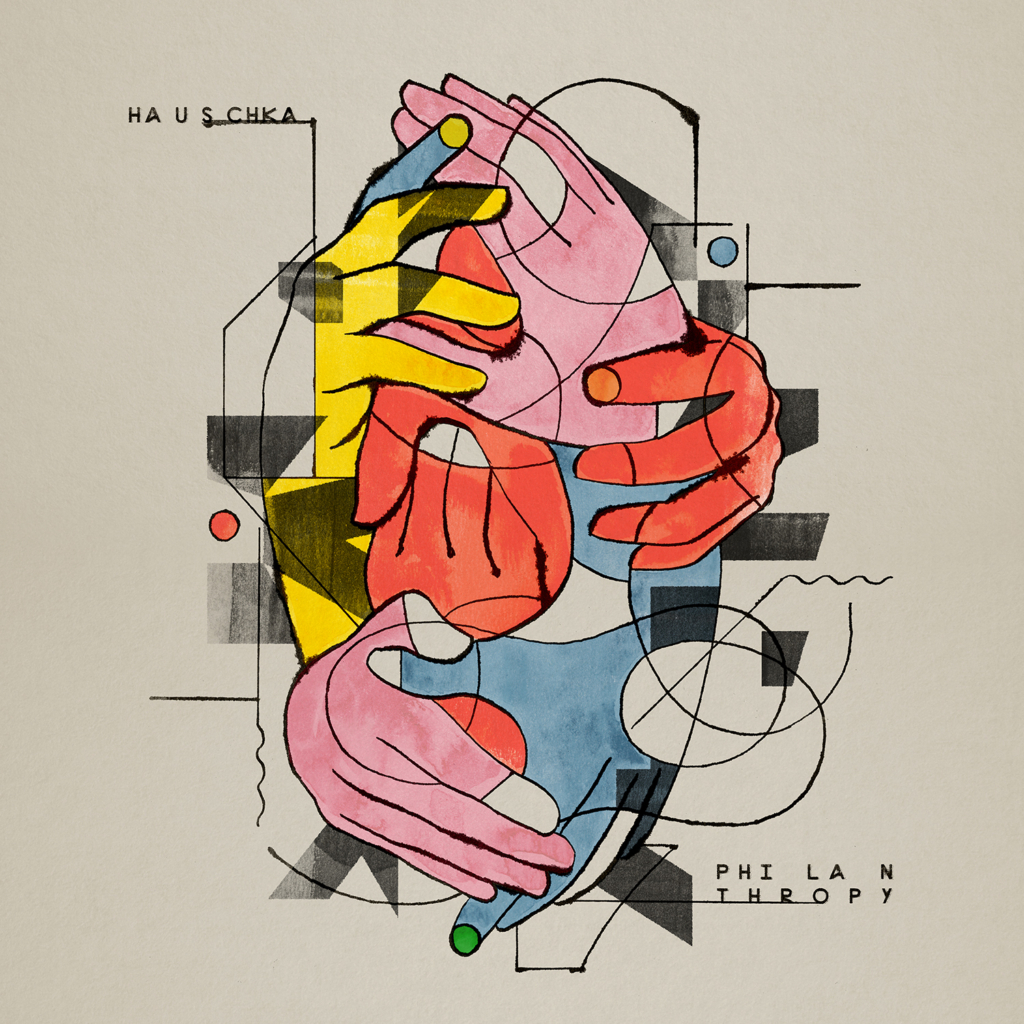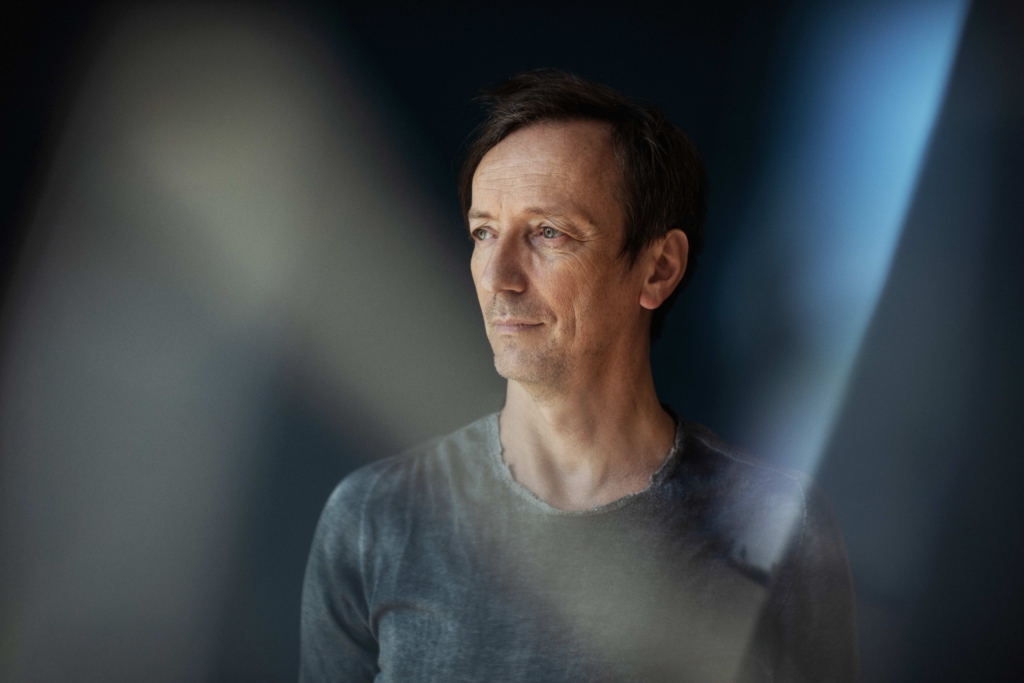Hauschka
Philanthropy (City Slang)
Contact Yuri Kwon about Hauschka
Today, Academy Award and BAFTA-winning composer Volker Bertelmann, aka Hauschka, announces his new album, Philanthropy, out October 20th on City Slang, and presents its lead single, “Loved Ones.” The word “philanthropy” is defined as “the practice of performing charitable or benevolent actions” or “the love of humankind in general.” Perhaps too modest to consider his music a benevolent or charitable act, Bertelmann unquestionably displays “a love of humankind” through the compassion and openness of his new music. Perhaps not the obvious choice for an instrumental album dominated by the distinctive sound of prepared piano, the renowned composer named his 14th studio album Philanthropy, his first Hauschka album since 2019’s A Different Forest.
Aptly titled, lead single “Loved Ones,” a beautiful composition buoyed by lush strings, is an expression of Hauschka’s feelings for his loved ones. He sees both independence and the desire to care for each other – musically expressed here by combining felt piano and cello – as the fuel for making plans and being creative. The video for “Loved Ones,” made by UK-based director and filmmaker Tilly Shiner, is adapted from the short film I Haven’t Told This to Anybody Before / Finding Nick Ayer. The film imagines the story behind a found reel of black and white 16mm film of New York in the early 1980s, showing glimpses of ordinary lives on the streets of the East Village and is cut with contemporary iPhone footage. This contrast emphasizes the fragility of our existence and the inherent challenges in preserving and capturing true meaning within the vast sea of visual information.
Bertelmann — whose extraordinary score for All Quiet On The Western Front won an Oscar in 2023 — uses his work not only to move people, whether emotionally or physically, but also to provoke. No one sounds like the Düsseldorf-based Hauschka, which he quite reasonably celebrates on Philanthropy by revisiting past habits. “I really loved how I worked in the beginning,” he smiles. “I wanted to connect with the time I first started.” Most of the record was recorded alone on his piano in his studio, beginning in the summer of 2022, though Bertelmann never restricts his use of his instrument to its keys. In addition, he employs a Turkish davul drum, as well as, more prominently than ever, synthesizers, not least a bass synth. There are also contributions from cellist Laura Wiek and violinist Karina Buschinger, as well as Múm’s drummer Samuli Kosminen.
Though Bertelmann started in pop music, he adopted his solo guise as Hauschka in the early 2000s, earning a reputation as a pioneer of what would come to be known as New Classical music. However, he hesitates to silo himself in one genre, saying “The only way to survive is actually to leave the ship when it starts to get going,” he laughs. “Otherwise it’s the last ship you take.” The combination of Hauschka’s classical training, chamber music sensibilities and pop-cultural interests ensure that the sometimes-playful results were far more than an academic, experimental exercise.
In the four years between A Different Forest and the forthcoming Philanthropy, Bertelmann’s score for All Quiet On The Western Front was part of a major rush of productivity precipitated by the success of 2016’s Oscar-nominated collaboration with Dustin O’Halloran on the score to Garth Davis’ Lion. He and O’Halloran have since worked on six more projects, most recently the Kate Winslet-starring Ammonite. Bertelmann’s catalog now includes almost 50 film and TV scores, with 2018’s Patrick Melrose, starring Benedict Cumberbatch, again nominated for a BAFTA, which in turn led him to work again with its director, Edward Berger, on All Quiet On The Western Front.
Bertelmann is back as Hauschka, and Philanthropy lives up to its name. An occasion for celebration and reflection, it’s a carefully considered but jubilantly improvised response to recent years, with its philosophically-inclined but approachable and compassionate creator at the peak of his compositional powers. If “music be the food of love,” then, here it’s also food for thought. That’s surely a gift worth giving and, even more, receiving.

